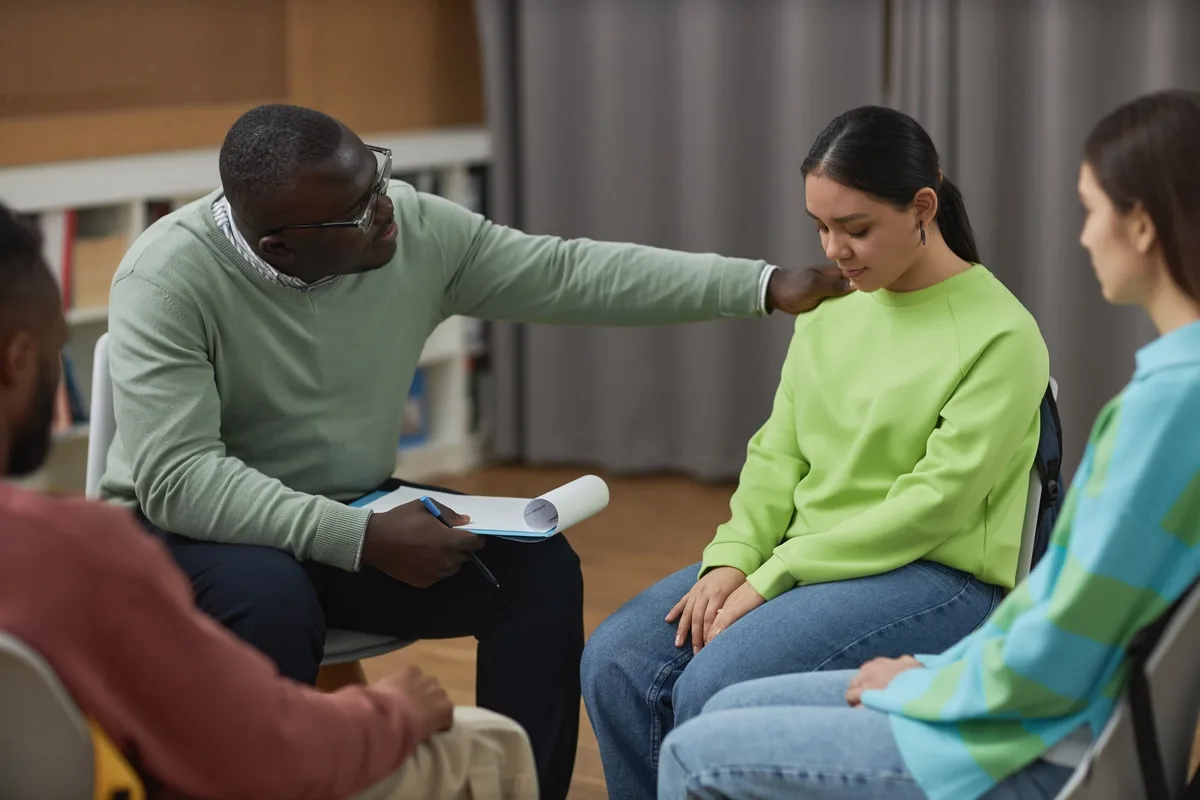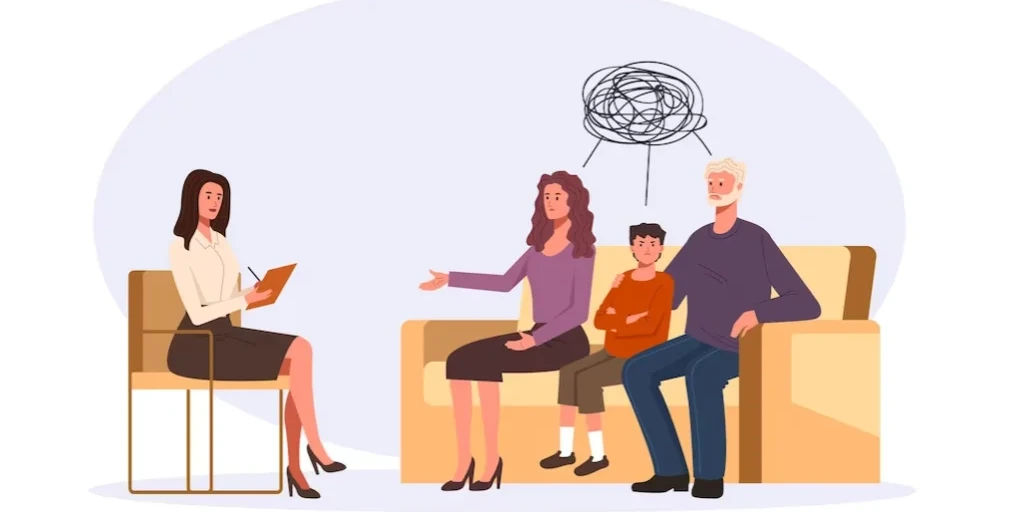24/7 Helpline:
(866) 899-111424/7 Helpline:
(866) 899-1114
Learn more about Intervention Services centers in Alachua County
Intervention Services in Other Counties

Other Insurance Options

Multiplan

Medical Mutual of Ohio
Beacon

Health Net

PHCS Network

GEHA

BlueShield

Coventry Health Care

Premera

Excellus

WellCare Health Plans

Kaiser Permanente

Private insurance

Humana

Absolute Total Care

Lucent

Access to Recovery (ATR) Voucher

BHS | Behavioral Health Systems

Optum

State Farm

Better Beginnings
Better Beginnings is a private rehab located in Alachua, Florida. Better Beginnings specializes in t...

Westview Behavioral Health Services
Westview Behavioral Health Services is located in Newberry, South Carolina. Westview Behavioral Heal...

Mayo Clinic Health System – Men’s Recovery House
Mayo Clinic Health System - Men's Recovery House is a community based residential facility for 9 adu...

Associates in Counseling
Associates in Counseling is an outpatient mental health and chemical dependency treatment. Associate...

La Crosse County Human Services
La Crosse County Human Services is a private rehab located in La Crosse, Wisconsin. La Crosse County...

Gundersen Behavioral Health
Gundersen Behavioral Health offers a variety of outpatient mental health and alcohol and drug treatm...

Ho Chunk Nation Behavioral Health – Three Rivers House
Ho Chunk Nation Behavioral Health – Three Rivers House is a public rehab located in La Crosse, Wisco...

Franciscan Skemp Healthcare – Rehab Services
Franciscan Skemp Healthcare – Rehab Services is a private rehab located in La Crosse, Wisconsin. Fra...

Family and Childrens Center
Family and Childrens Center is a private rehab located in La Crosse, Wisconsin. Family and Childrens...





























A First Step To Recovery
A First Step To Recovery is a private rehab located in Newberry, Florida. A First Step To Recovery s...

Pathways Community Mental Health
Pathways Community Mental Health is a private rehab located in Newberry, Michigan. Pathways Communit...

Great Lakes Recovery Centers
Great Lakes Recovery Centers - Newberry Avenue is a non-profit organization that specializes in prov...

Beckman Center for Mental Health
Beckman Center for Mental Health is a public rehab located in Newberry, South Carolina. Beckman Cent...

Coulee Council On Addictions
Coulee Council On Addictions is a private rehab located in La Crosse, Wisconsin. Coulee Council On A...

AA – Alcoholics Anonymous – Intergroup
AA – Alcoholics Anonymous – Intergroup is a non-profit rehab located in La Crosse, Wisconsin. AA – A...

LAAR Halfway House
LAAR Halfway House is a private rehab located in La Crosse, Wisconsin. LAAR Halfway House specialize...

New Beginnings Counseling Centers
New Beginnings Counseling Centers is a private rehab located in La Crosse, Wisconsin. New Beginnings...

Hoffe Counseling
Hoffe Counseling is a private rehab located in La Crosse, Wisconsin. Hoffe Counseling specializes in...

ARCW – AIDS Resource Center of Wisconsin
AIDS Resource Center of Wisconsin (ARCW) is dedicated to provide mental health and substance abuse t...

Tellurian – LaCrosse Campus
Tellurian – LaCrosse Campus is a drug and alcohol rehab program located in La Crosse, WI. They provi...

Tomah VA Medical Center – River Valley Outpatient Clinic and Integrated Health Center
Tomah VA Medical Center -River Valley Outpatient Clinic and Integrated Health Center is a public cli...
















































































































































































































